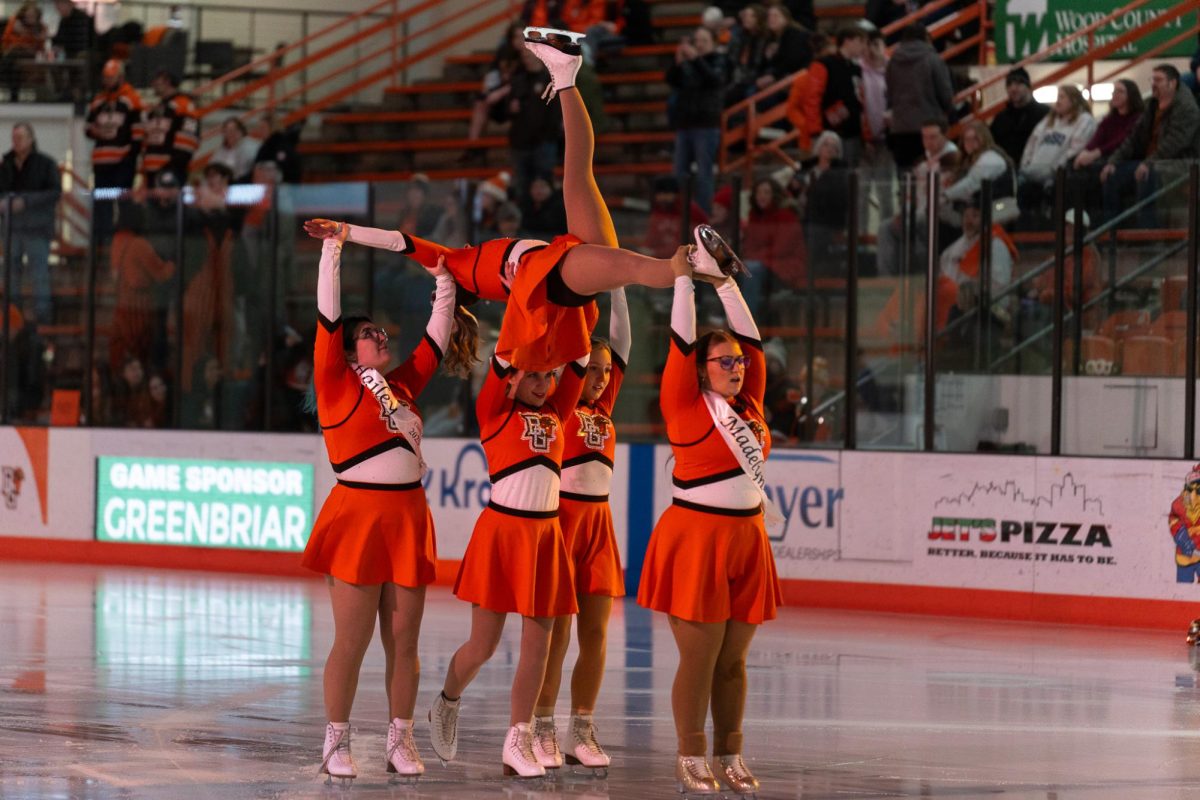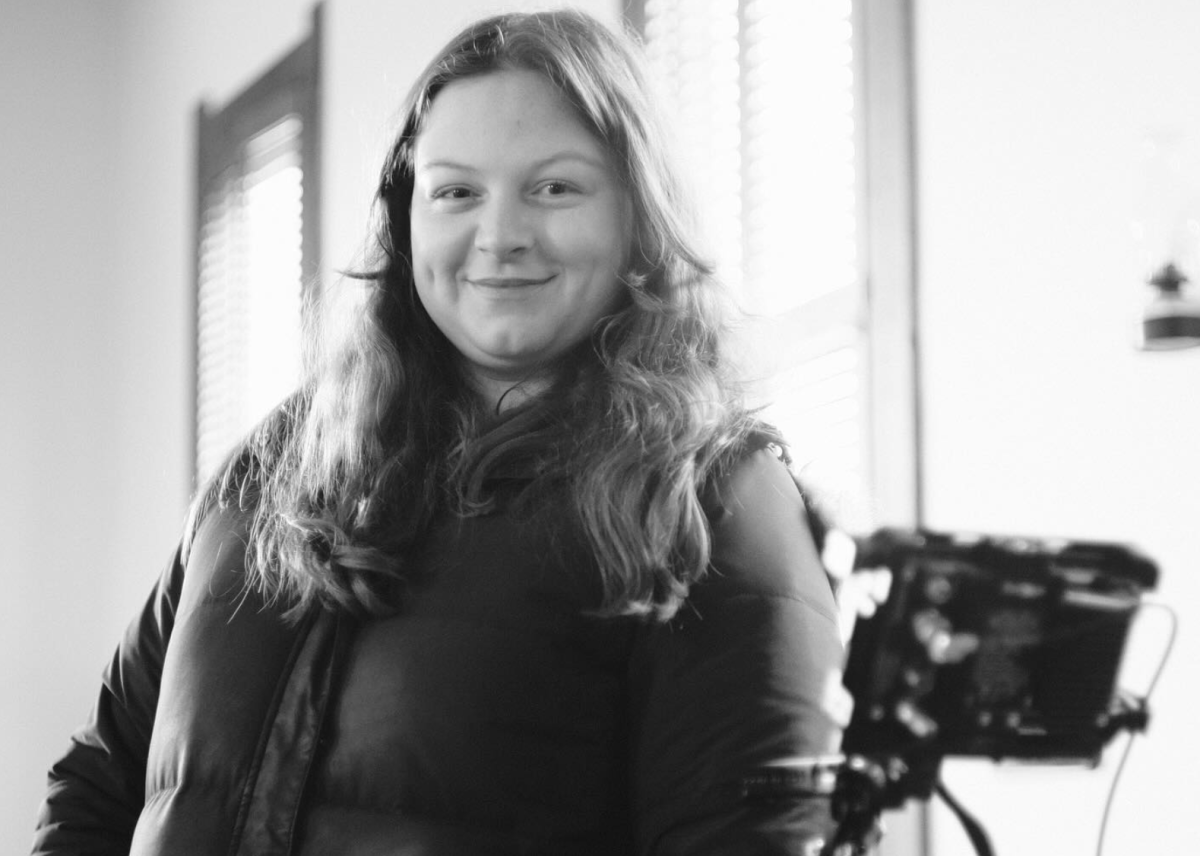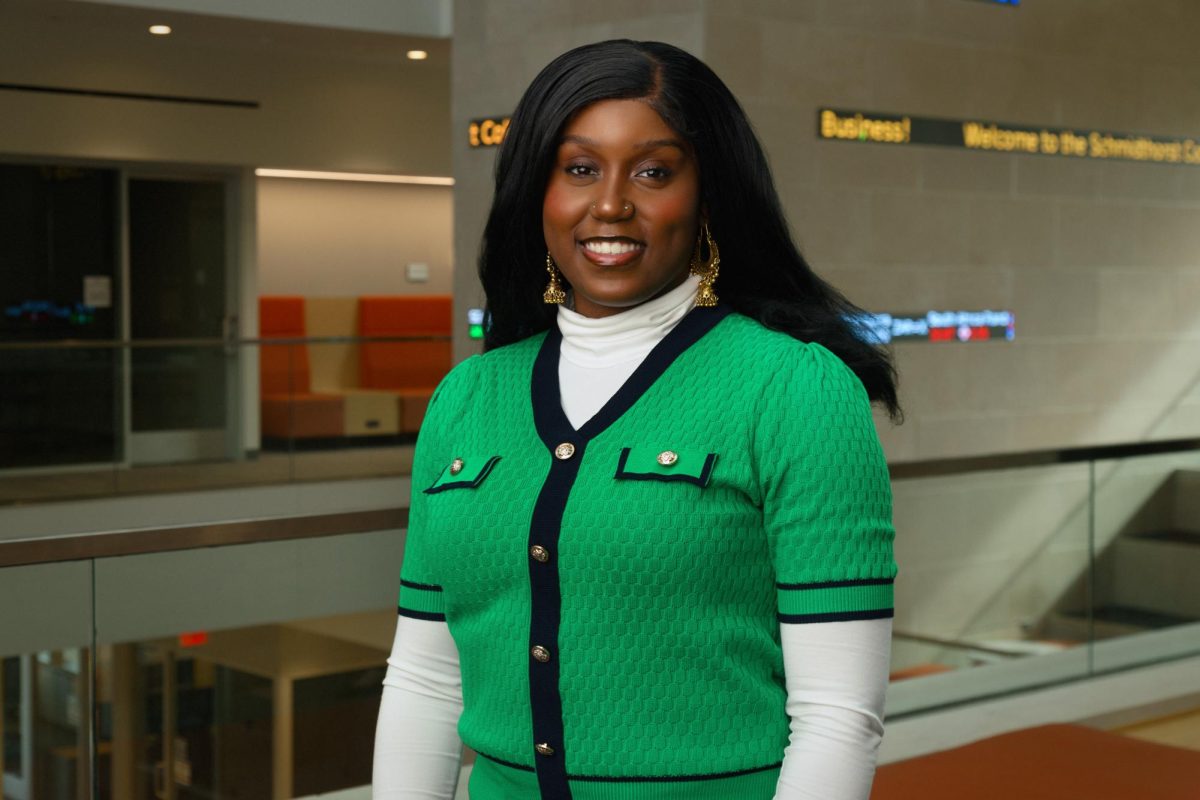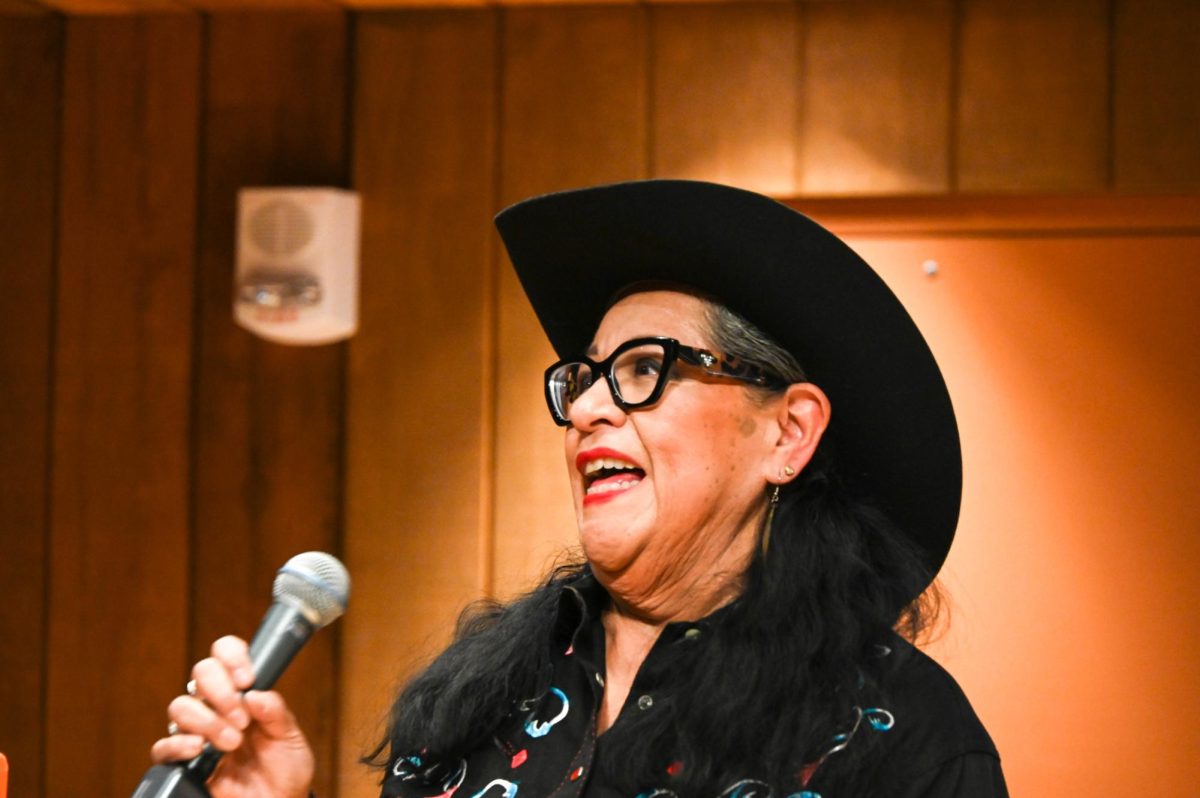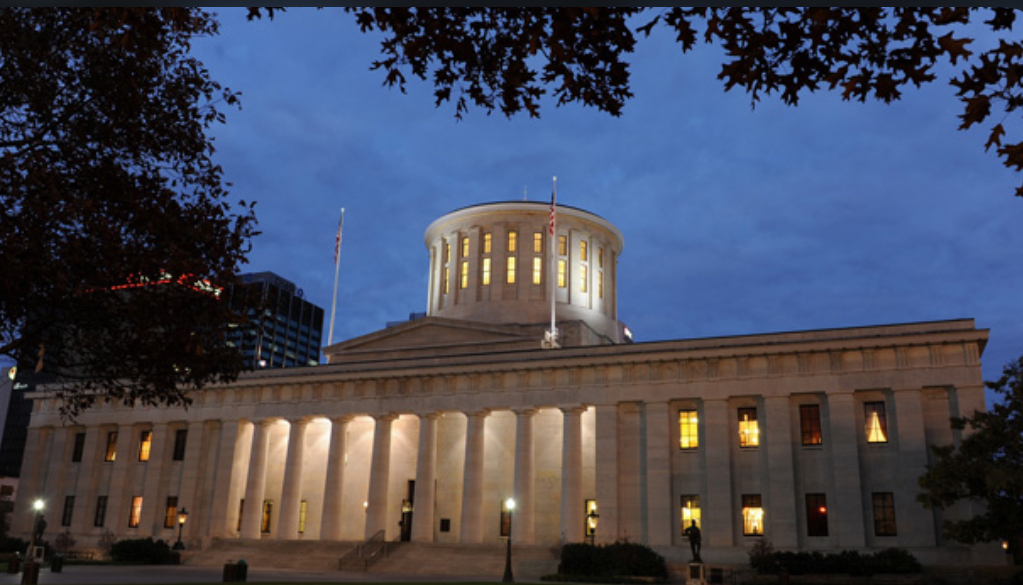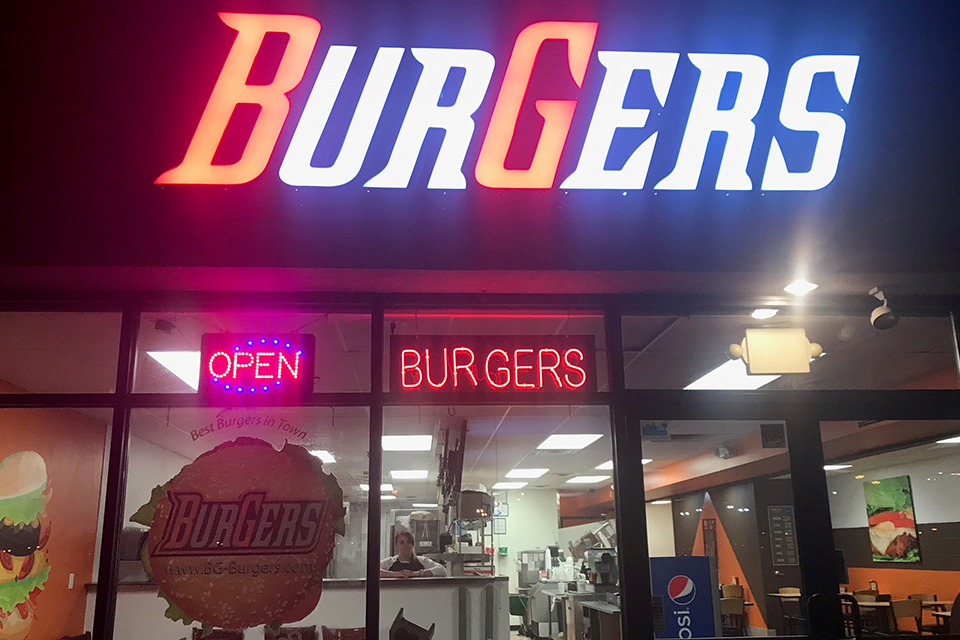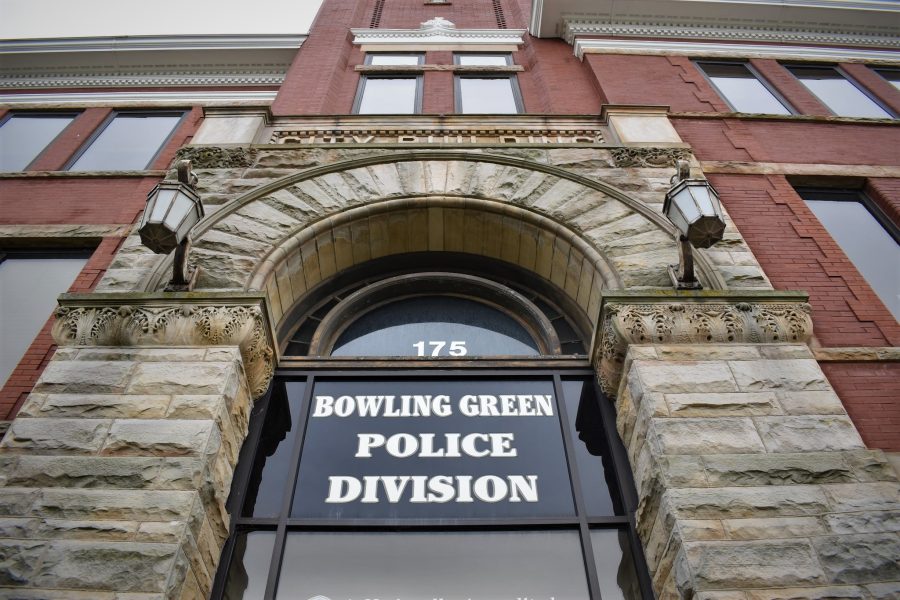In the last ten years, the black haircare market has witnessed a surge in growth, with the BGSU campus absorbing the impacts.
The black hair care market is expected to grow even more – with a projected worth of around $4.5 billion by 2032 from $2.9 billion in 2022, according to a January 2024 research report from Market.US.
The rise in demand for black hair care products reflects a shift in overall beauty standards, cultural pride and consumer demand.
Curly Connection Public Relations Co-Chair Lukas Rodriguez offers insight.
“For our organization, we’re all about educating people of color about their natural hair,” Rodriguez said.
BGSU’s Curly Connection organization teaches students about maintaining their hair amidst a predominantly white campus and lack of resources.
“Just this past year, we’ve done different events that teach you about your hair porosity, deep conditioning and different topics of hair care that we teach other people about on campus,” Rodriguez said.
Curly Connection educates on hair damage and thinning, including a wide variety of tips to help with hair – not just curly and coily.
“All people are welcome,” Rodriguez said.
A vending machine specializing in black hair care products was installed in The Bowen-Thompson Student Union this past year. The stay was initially meant to be a trial run, but due to its popularity, has made itself home.
Second-year Fashion Merchandising and Product Development Major Zahir Davis shares his thoughts.
“Unfortunately, because we do live in a very white populated area, we don’t have the hair care products that I can find at home,” Davis said.
Black students living in Bowling Green have to drive 30 minutes to the nearest hair salon.
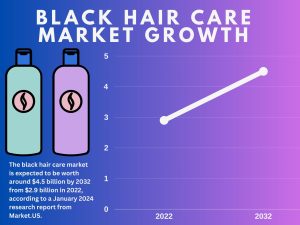
“That drive would be necessary, especially for people who are 4C, 3C, those kinkier, coily hair types that we have,” said Davis.
In a primarily white community like Bowling Green, black hair care often takes a backseat, as Davis points out. The 30-minute drive to see a stylist in the more racially diverse city of Toledo can be explained by just that; that’s where the demand is higher for stylists.
Owner and Lead Stylist of Signature Beauty Salon in Toledo, Candace Jones, contributes.
“I used to work at a salon in downtown Bowling Green to service a lot of the girls there. But I wound up leaving, to put more of my time in Toledo,” said Jones.
The rise of the black hair care market and projected future growth can be attributed to a couple of different factors. One suspected element is the rise of the natural hair movement, which had a resurgence in the 2000s after its original birth in the 1960s.
“That has been in place for quite some time now – the norm now. But before it happened, I kind of was able to foresee that that was coming. So I’ve got a lot of continuing education to be well versed on different hair styling methods as opposed to chemical relaxers to continue to be able to grow my business. Yeah, it is the norm now,” said Jones.
The turn to more organic materials in the black hair care market can be associated with negative effects from relaxing treatments which were more popular in the 2000s. Market.US reports relaxing treatments, meant to straighten hair, could cause reproductive hair damage, and in extreme cases, cause cancer.
Jones suggests that the growth of the black haircare market is probably due to diverse hair needs.
“It’s just important to have versatility because there’s so many different textures. Not one person has the same texture in their whole head, it’s multiple textures. Having a variety to cater to the needs of individuals,” said Jones.
Organic shampoos and conditioners account for the largest worldwide haircare market due to their wide range and universal usage. It’s evident that people want certain ingredients in their products now more than ever; coconut oil, shea butter, argan oil, coconut water, and aloe vera, according to Market.US.
“What I love to see is everyone embracing their natural beauty. What they came here with. I just think that it’s a beautiful thing to see. And it provides a melting pot of how everyone looks,” said Jones. “Everybody’s not looking the same. Everybody’s embracing what they have. Learning to work with it.”
Online shopping has been another factor in the growth of the black hair care market. Going to the store in person isn’t necessary, especially if you’re living in a predominantly white area where the products you need might not be available near you.
At Jones’ salon, her clients are buying conditioners and creams the most. Jones shares what hairstyles her clients are asking for in the chair.
“Wash-n-go’s. Those are a big trend for everybody. Everybody’s wanting to accentuate their natural curl patterns. Braiding styles, and I would say twist-outs as well,” said Jones.
The growth of the black hair care market reflects not just a surge in demand for diverse beauty products but signifies a cultural shift to inclusivity which can be observed on campus in the student union.









